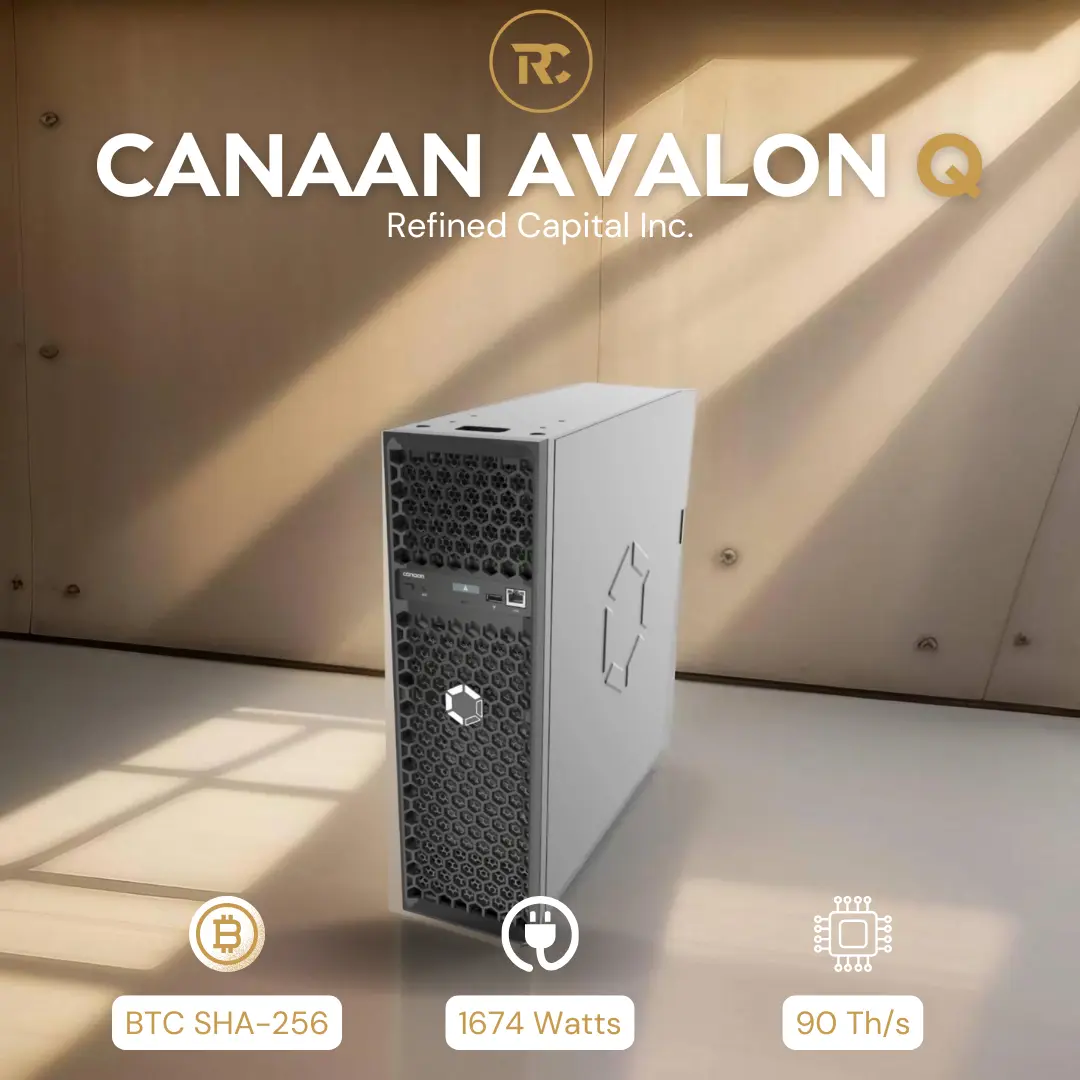Home Bitcoin mining is rapidly gaining momentum. According to Cointelegraph's report, an interview with ASIC miner manufacturer Canaan reveals that Bitcoin mining machines are experiencing a return to decentralization, offering the potential for every household to achieve financial freedom through PoW mining.
Rise of Home Mining Machines
With significant breakthroughs in energy consumption and algorithms, current mining machines can now generate profits at home-scale electricity rates, and mining equipment has entered an affordable investment range. Canaan cited their Avalon Q home mining machine, which offers 90 TH/s computing power, 18.6 J/TH energy efficiency, and only 45dB noise, and can be directly plugged into a 110V socket. Vice President Dr. Li stated that the company aims to bring Bitcoin computing power "back to everyone's living room" to distribute network risks.
In addition to Avalon Q, the market offers Avalon Mini 3, Nano 3S, and Bitaxe Gamma with 15 J/TH efficiency. Dr. Li noted that ASIC prices have dropped from $80 per terahash in 2022 to an estimated $16 by 2025.
We see a perfect storm of trends making house mining more feasible and promising than ever before. In terms of energy, declining renewable energy costs, grid buyback programs, and time-of-use pricing enable home miners to optimize energy usage and offset costs. This is no longer just mining, but a comprehensive local energy strategy.
Mining machine waste heat can also be used for heating, with many demonstrations in high-latitude regions like Europe, such as the #CanaanHeatFlipChallenge showcasing diverse applications from heating chicken coops to home baking.

Energy Arbitrage and Policy Gaps
Declining renewable energy costs, time-of-use electricity pricing, and grid buyback mechanisms allow home miners to "arbitrage" during off-peak hours. Regional policy differences are significant, with Texas supporting mining, New York imposing restrictions, Quebec attracting computing power through hydroelectric advantages, and high electricity prices in Europe driving green energy adoption. If residential mining is classified as commercial electricity, the rate structure will completely change, as demonstrated in a US practical video.
Decentralized computing power can reduce 51% attack risks and enhance network resilience. The industry estimates that small home miners may account for over half of global computing power by 2025. As block rewards continue to decrease, transaction fees will become the primary income source, forcing miners to balance efficiency and energy management. Future mining facilities may transform into hybrid facilities combining Bitcoin mining, AI computing, and edge data centers, complementing the power grid.
Regardless of macro environmental changes, the rise of home mining machines has once again pushed forward Bitcoin's original intent of "everyone can participate". Through products like Avalon Q, Canaan is narrowing the technological barriers and injecting more decentralization and sustainability into the Bitcoin network.







